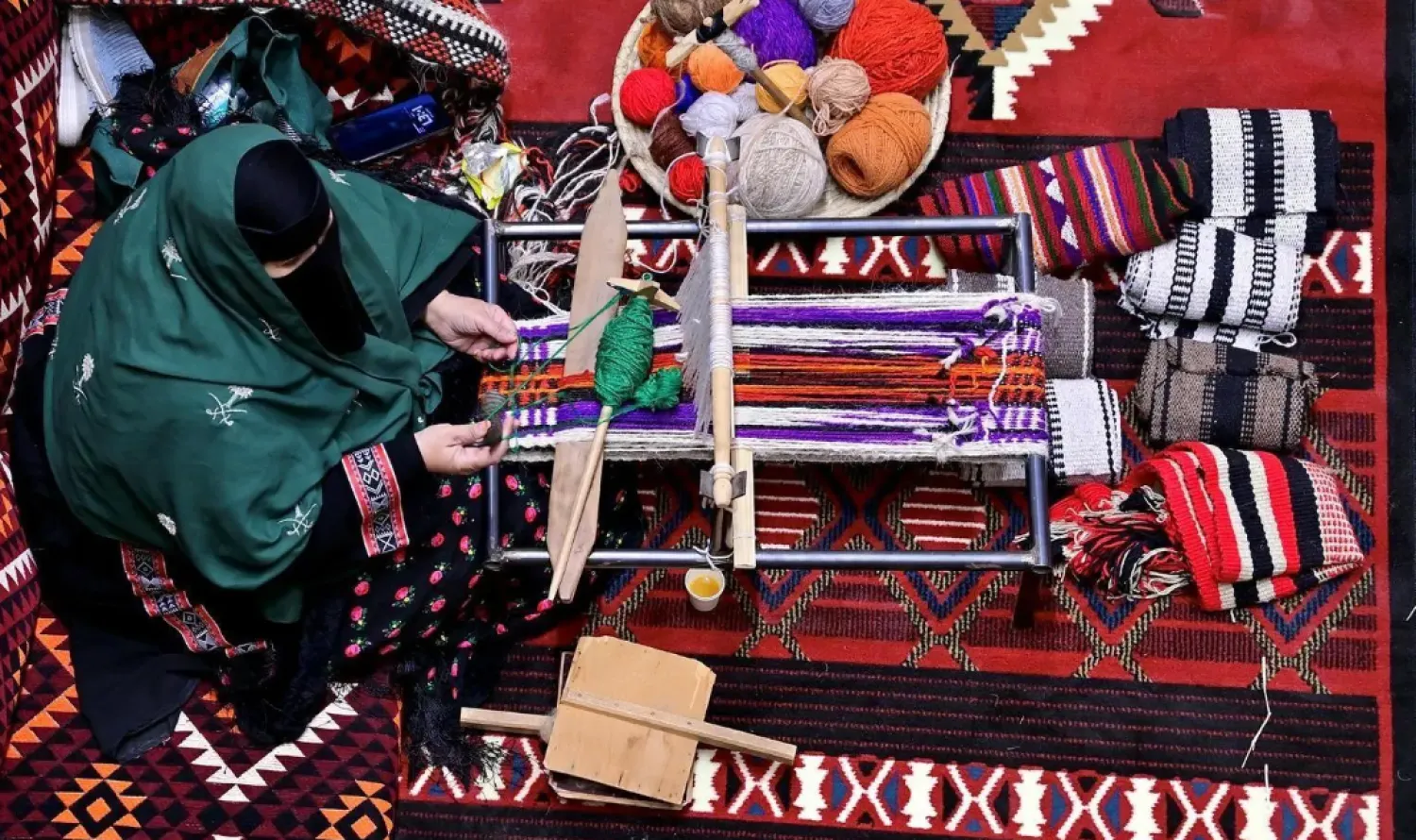Saudi Ambassador to Mauritania Abdulaziz bin Abdullah Al-Raqabi inaugurated on Sunday the Jusoor Exhibition in Nouakchott.
The inauguration was attended by Mauritanian Minister of Islamic Affairs and Original Education Sidi Yahya Ould Cheikhna Ould Lemrabet.
The Jusoor Exhibition features more than 12 interactive sections focusing on the Holy Quran, photography and Saudi attire experience, the mosques and the Two Holy Mosques, Arabic calligraphy, technology, hospitality and others.
It also boasts a large electronic screen displaying the Kingdom's roles and efforts in serving Islam and Muslims around the world.
The sections highlight the Kingdom's cultural, scientific, Sharia, and linguistic components alongside a detailed presentation of the historical developments and initiatives in serving the Holy Quran, the Sunnah, and the holy sites.
The Jusoor Exhibition aims to boost ties between Africa and the Kingdom, enabling African nations to benefit from all the services provided by the Saudi Ministry of Islamic Affairs. It also seeks to clarify the Kingdom's message and efforts in promoting moderation, rejecting extremism, and spreading the principles of Islam.
The inauguration was held alongside the first edition of the Custodian of the Two Holy Mosques King Salman bin Abdulaziz Al Saud Competition for Memorizing the Holy Quran and the Sunnah.
The competition is organized by the Ministry of Islamic Affairs, Dawah, and Guidance in cooperation with the Ministry of Islamic Affairs and Original Education in Mauritania from October 15 to 18.
The competition's opening ceremony will be held on Tuesday with preliminary rounds taking place over three days from October 15 to 17. The final ceremony will be held on October 19.
The competition seeks to encourage Muslim youth to engage with the Holy Quran by memorizing, understanding, and reflecting upon it.
The event also fosters a spirit of healthy competition among those who have memorized the Quran and highlights the Kingdom's dedication to teaching the Quran and promoting the teachings of the Prophet Mohammed.
It aims to connect young people with the Sunnah, encouraging them to preserve, apply, and learn Islamic sciences while adhering to a path of moderation.









